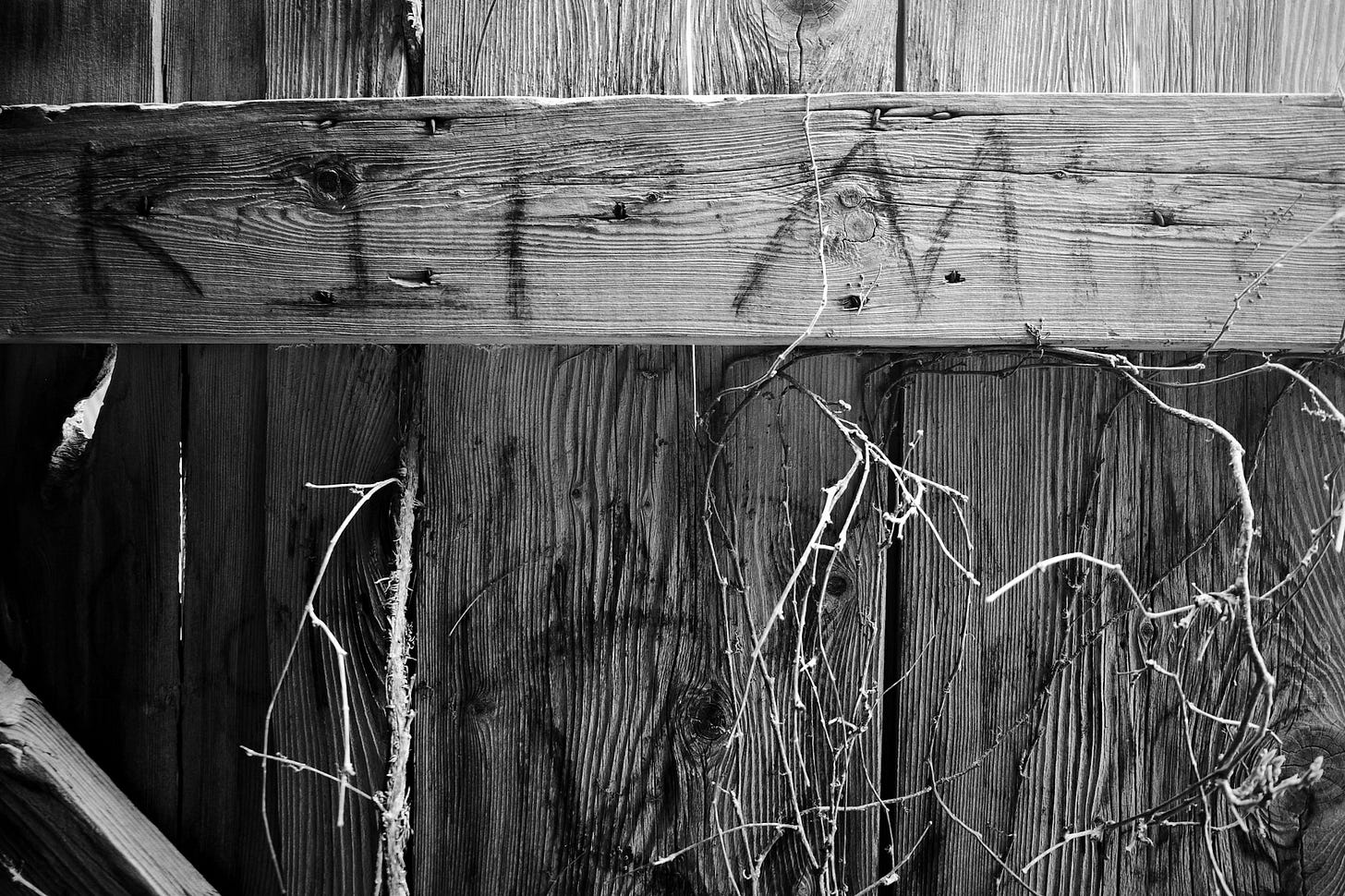Finding Seth Haines: Part II
The Vietnamese donut lady, the ghost, and the advent of Grunge music.
This is Part II of Finding Seth Haines. It pairs well with Part I. I’m not sure where this is going, but it’s broken something loose in me. Enjoy.
And if you enjoy, please feel free to subscribe or …
Keep reading with a 7-day free trial
Subscribe to The Examine to keep reading this post and get 7 days of free access to the full post archives.


